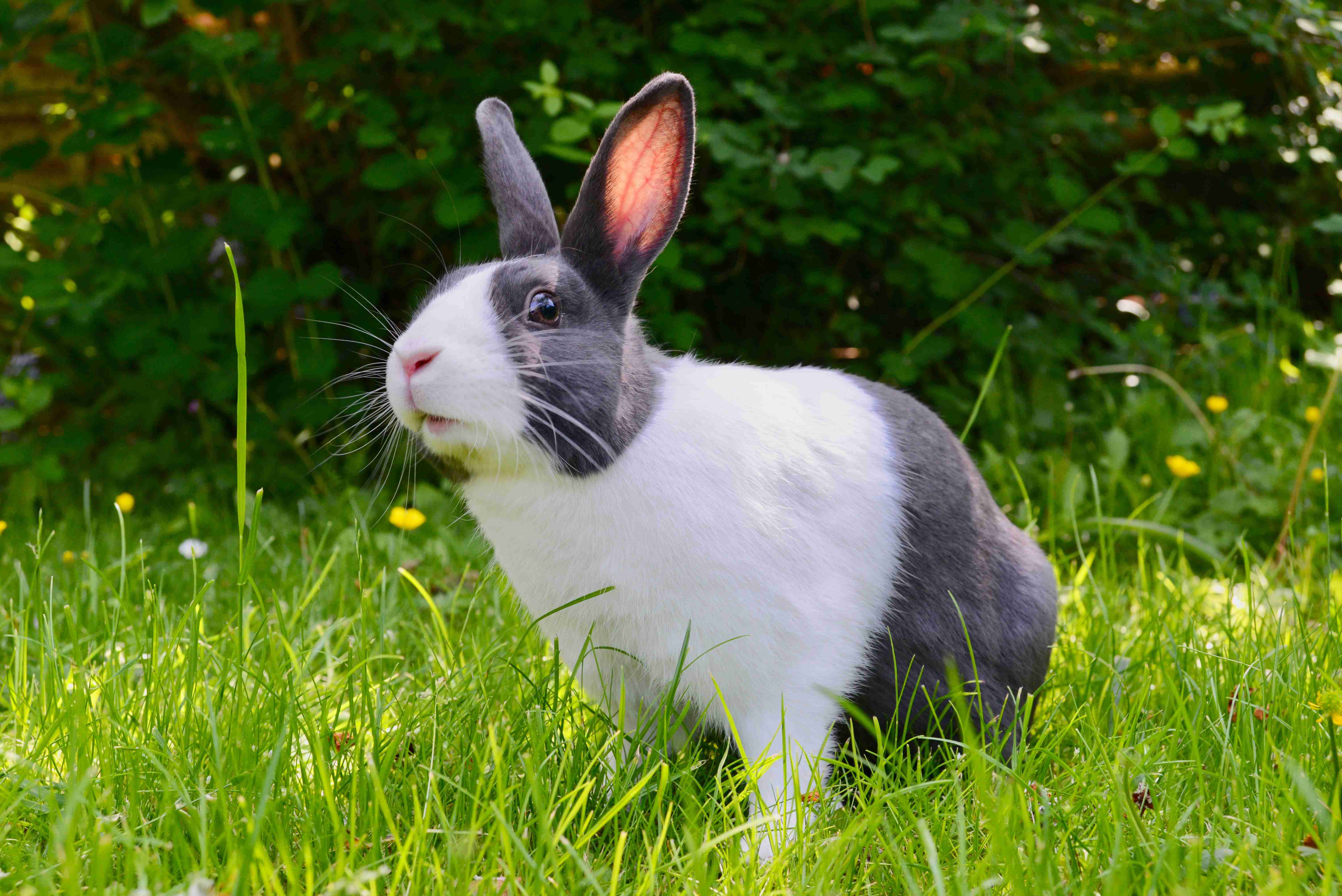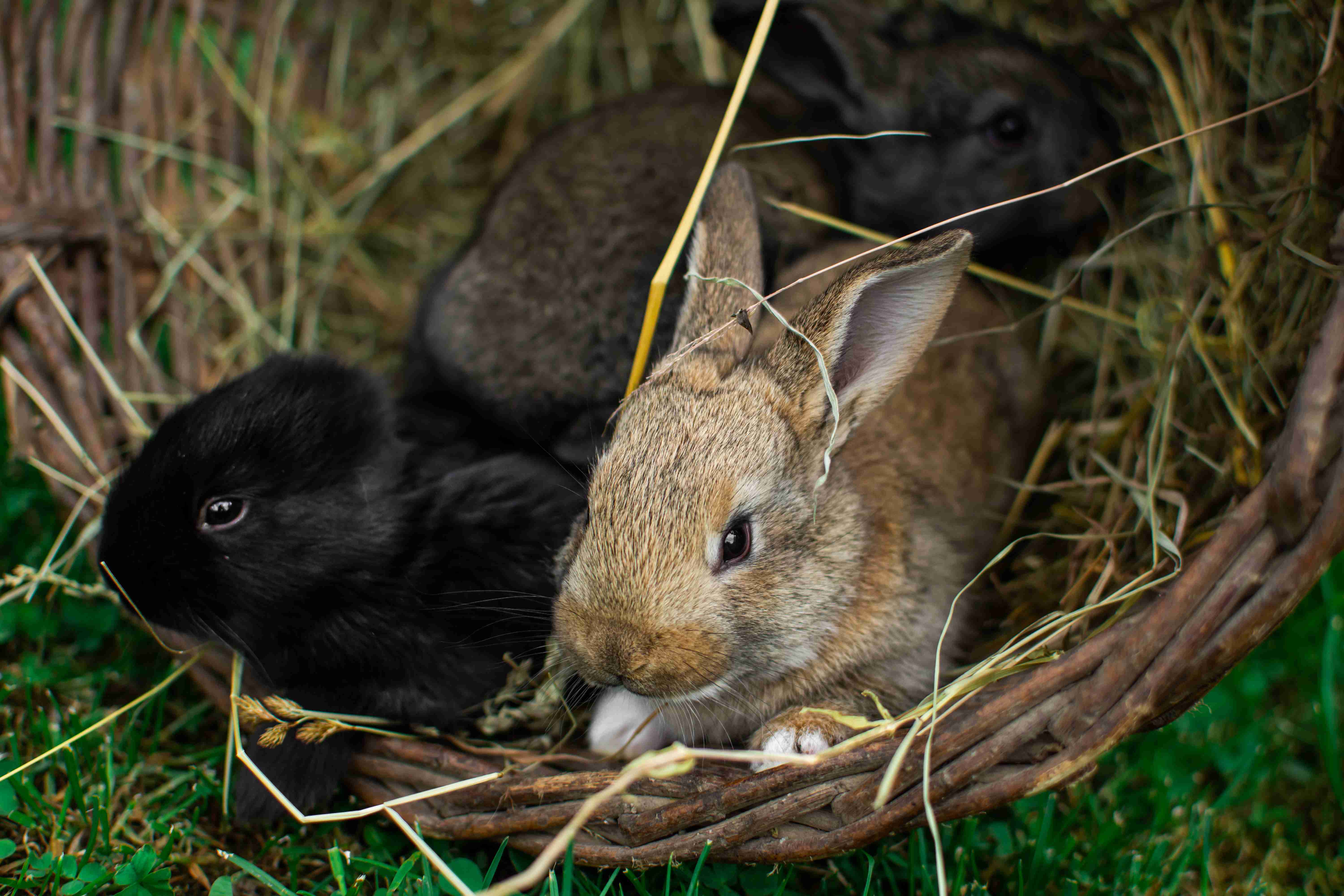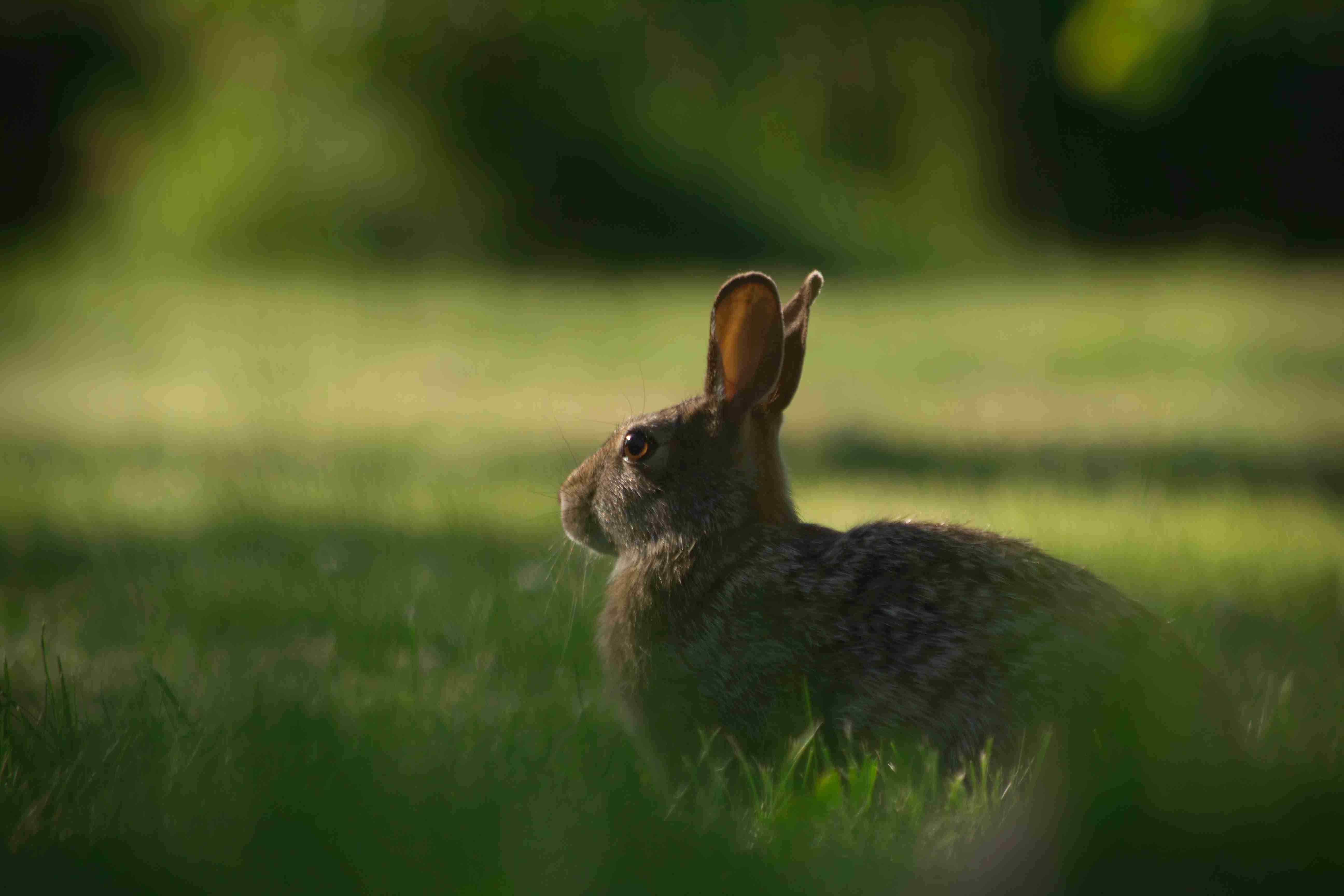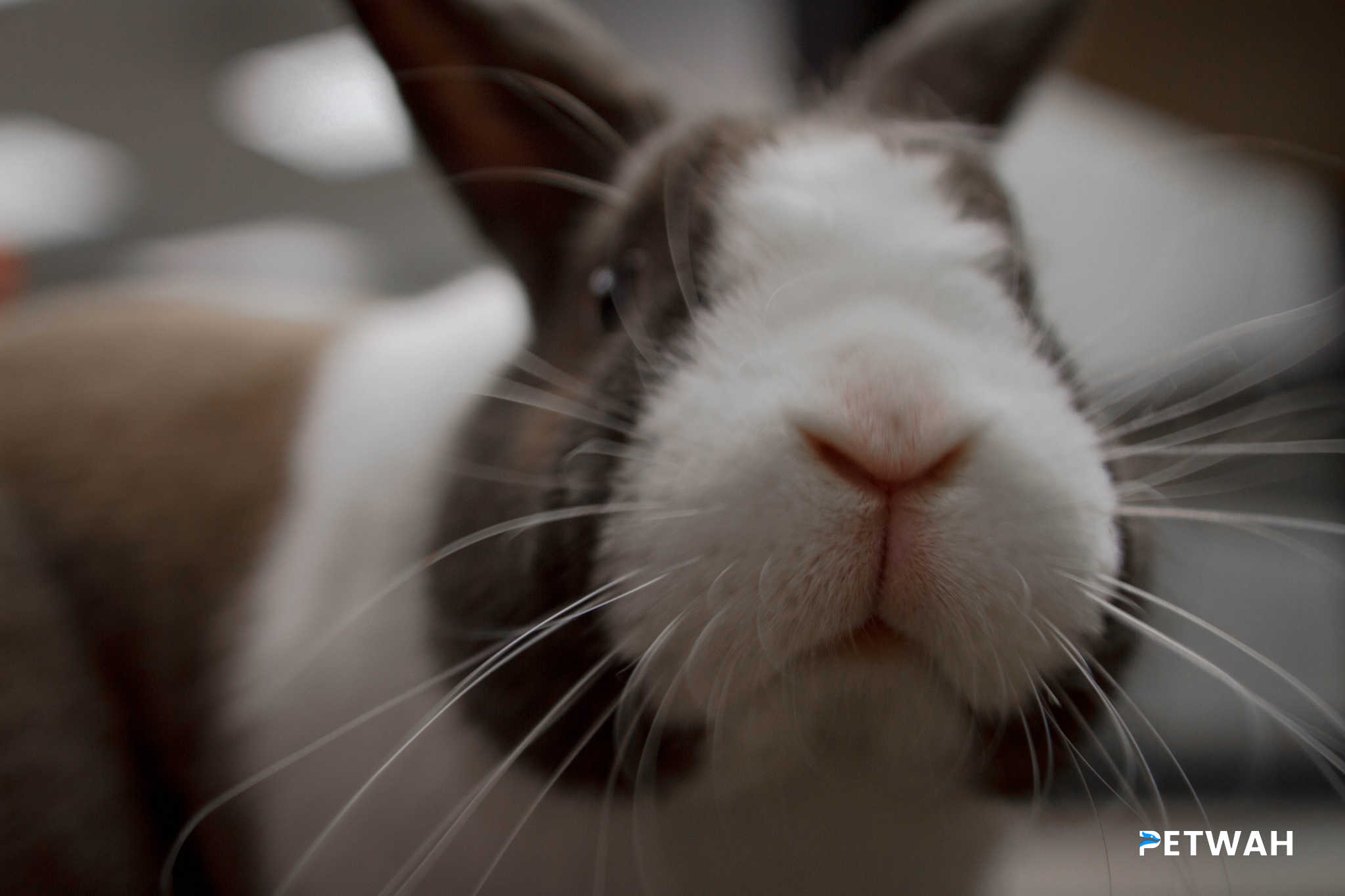As a pet owner, it is essential to understand the health risks that your furry friend may face. One common concern for pet rabbits is the possibility of developing parasitic infections. Parasites, such as fleas, ticks, and mites, can cause severe health issues for your rabbit if left untreated. Knowing what to look for and how to prevent parasites can help keep your bunny healthy and happy. In this blog post, we will discuss the common parasites that can affect pet rabbits and how to protect your furry friend from these pesky invaders.
Pet rabbits make great companions, but they are susceptible to a variety of health problems, including parasites. Parasites are organisms that live in or on a host your-furry-family-member/”>and feed on its blood or tissues. There are several types of parasites that can affect pet rabbits, and it’s important to understand the signs and symptoms of these parasites and how to prevent and treat them.
1. Fleas and Ticks
Fleas and ticks are common external parasites that can affect rabbits. They can cause itching, irritation, and skin infections. Fleas and ticks can also transmit diseases such as myxomatosis and rabbit hemorrhagic disease (RHD).
To prevent flea and tick infestations, it’s important to keep your rabbit’s environment clean and dry. You can also use flea and tick preventives that are safe for rabbits, such as spot-on treatments and flea collars. If you suspect your rabbit has fleas or ticks, consult your veterinarian for treatment options.
2. Mites
Mites are tiny parasites that live on the skin of rabbits. They can cause skin irritation, hair loss, and scabs. The most common type of mite that affects rabbits is called Cheyletiella, also known as walking dandruff.
To prevent and treat mite infestations, it’s important to keep your rabbit’s environment clean and dry. You can also use topical or oral medications that are prescribed by your veterinarian.
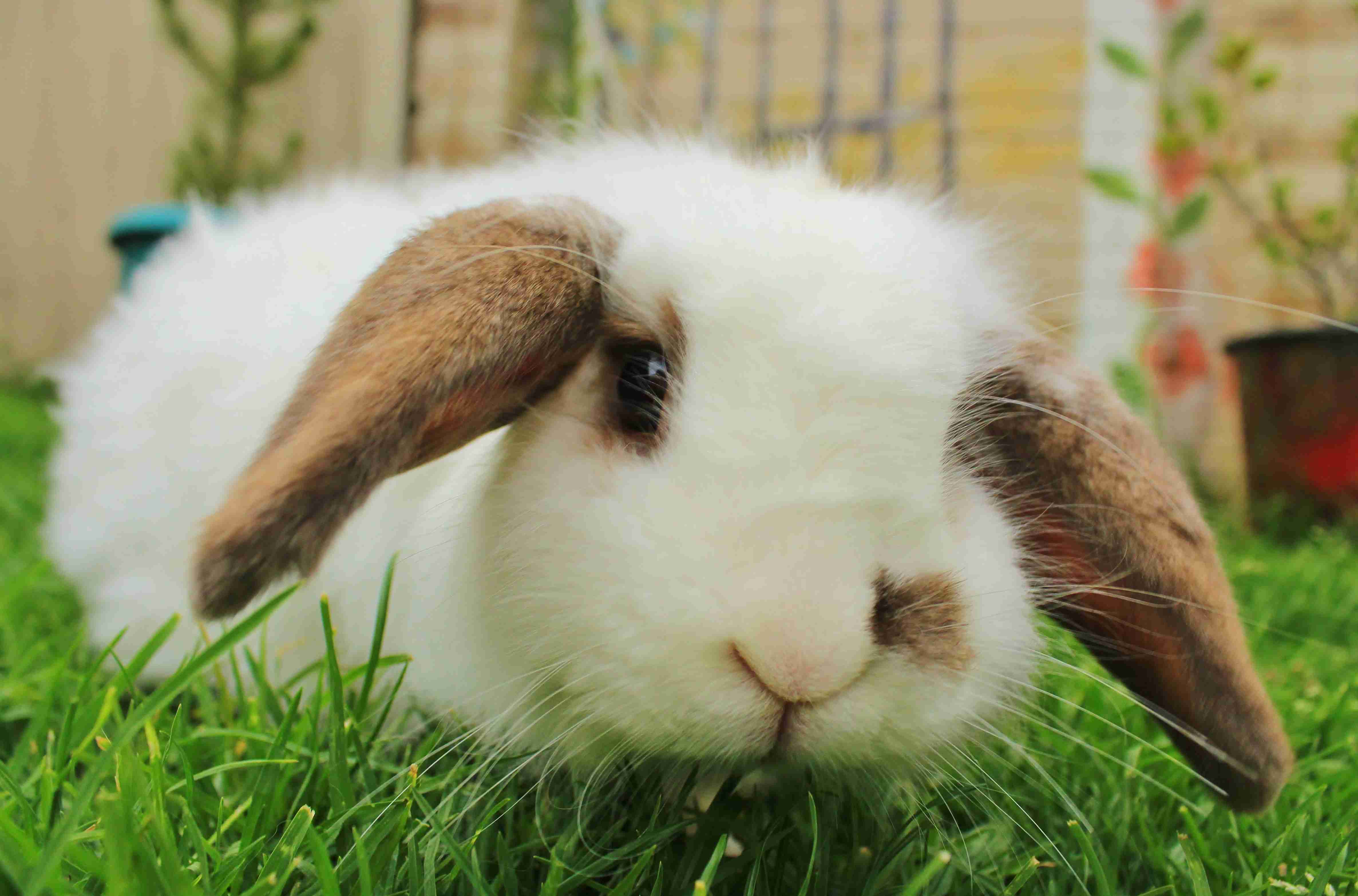
3. Internal Parasites
Internal parasites can affect a rabbit’s digestive system and cause diarrhea, weight loss, and poor appetite. The most common internal parasites that affect rabbits are coccidia and giardia.
To prevent internal parasite infestations, it’s important to keep your rabbit’s environment clean and provide fresh water and food. You can also have your rabbit’s fecal samples checked regularly by your veterinarian for signs of parasites.
4. Ear Mites
Ear mites are a type of parasite that live in the ears of rabbits. They can cause itching, head shaking, and ear discharge. Ear mites can also lead to secondary ear infections.
To prevent and treat ear mite infestations, it’s important to clean your rabbit’s ears regularly and use topical or oral medications that are prescribed by your veterinarian.
Overall, parasites can be a serious health problem for pet rabbits. It’s important to understand the signs and symptoms of parasites and take preventative measures to keep your rabbit healthy. If you suspect your rabbit has a parasite infestation, consult your veterinarian for treatment options. With proper care and attention, you can help your pet rabbit live a happy and healthy life.
As a responsible pet owner, it’s crucial to keep an eye on your bunny’s health and take preventive measures to protect them from parasites. Regular check-ups with a veterinarian, keeping their living environment clean, and maintaining good hygiene practices are essential. Familiarizing yourself with the signs and symptoms of parasitic infections in pet rabbits can help you identify and treat them early on, ensuring your bunny’s long-term health and happiness. Remember, a healthy rabbit is a happy rabbit!


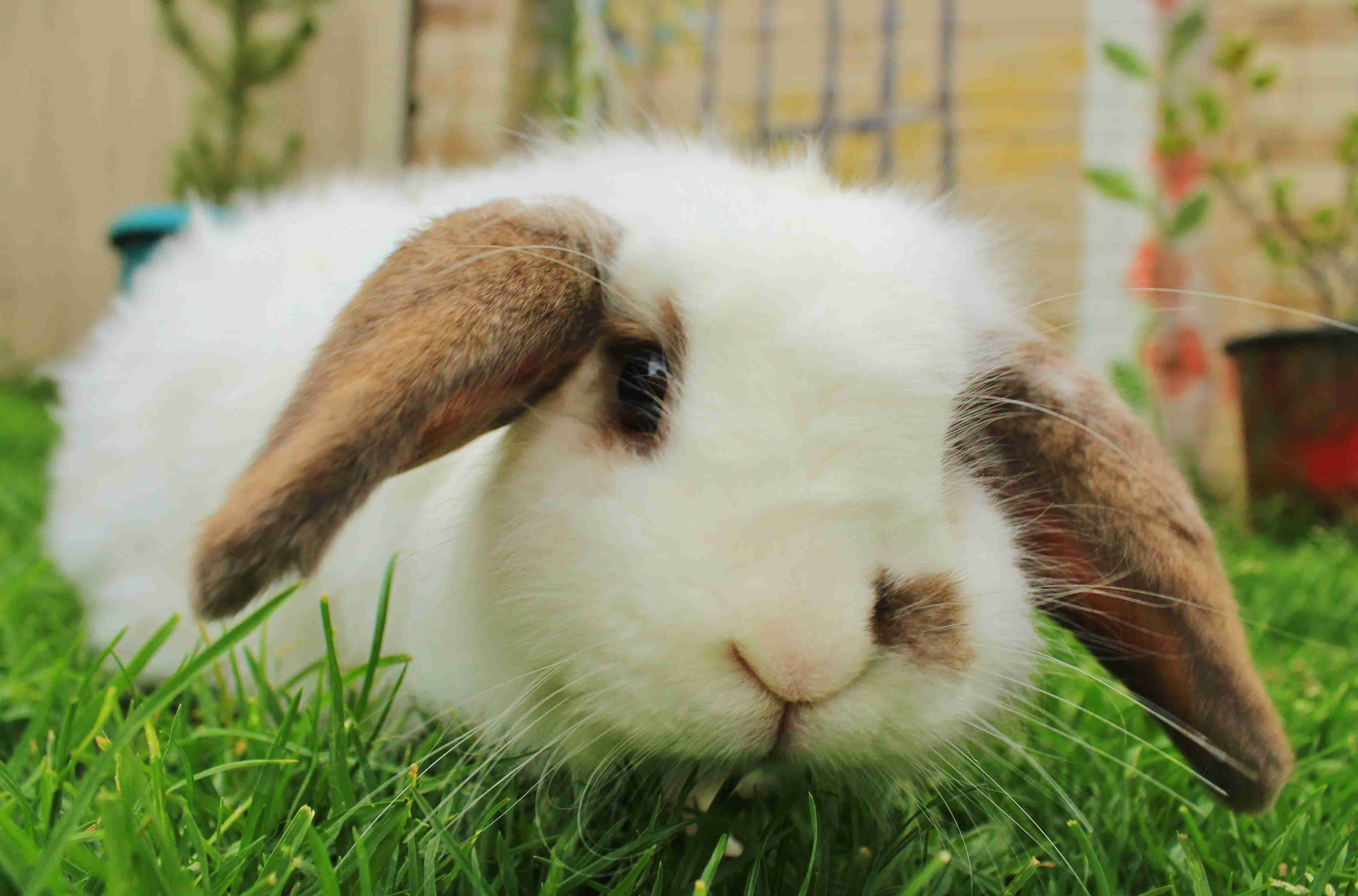
.jpg)
